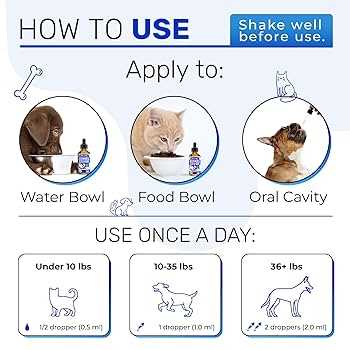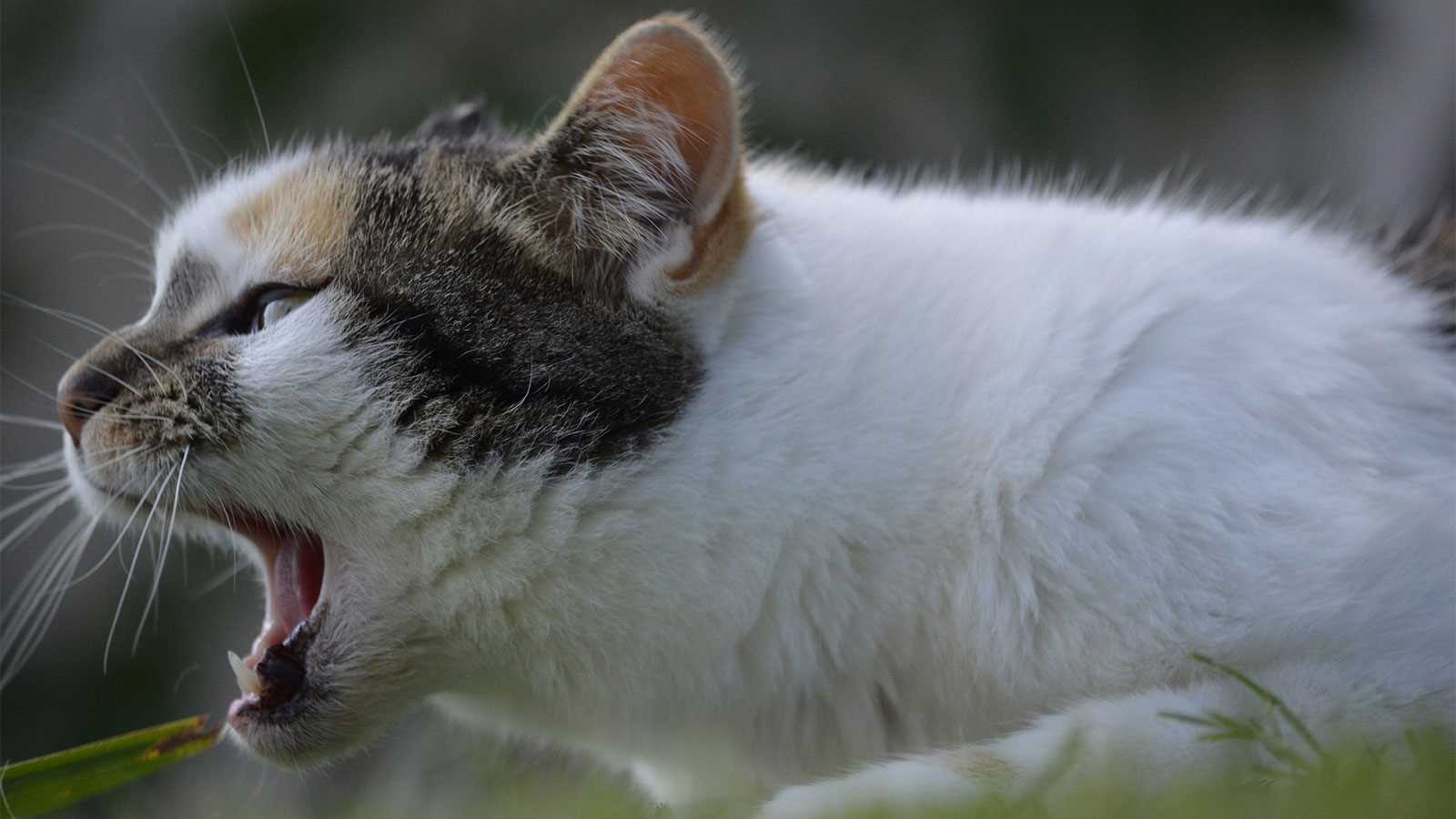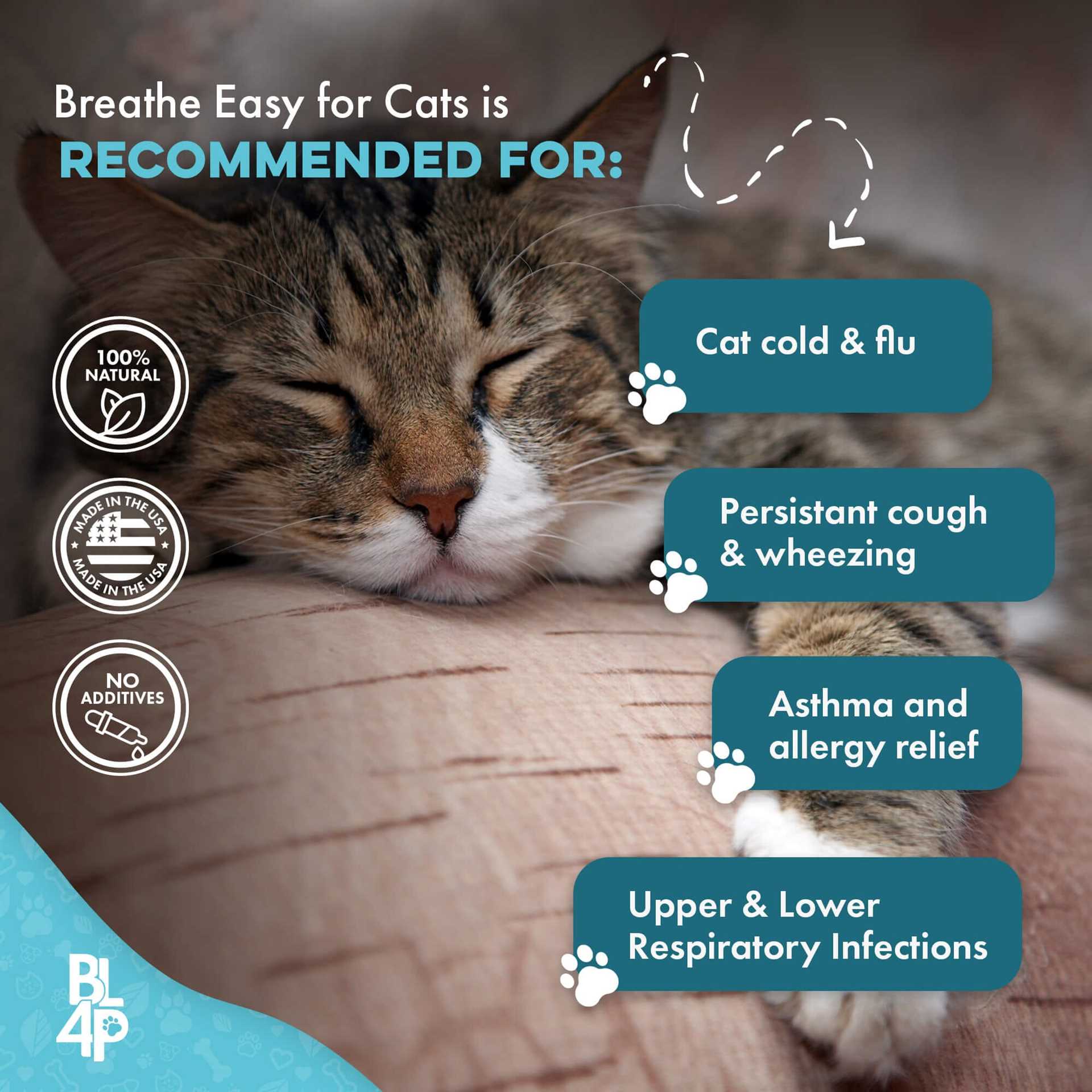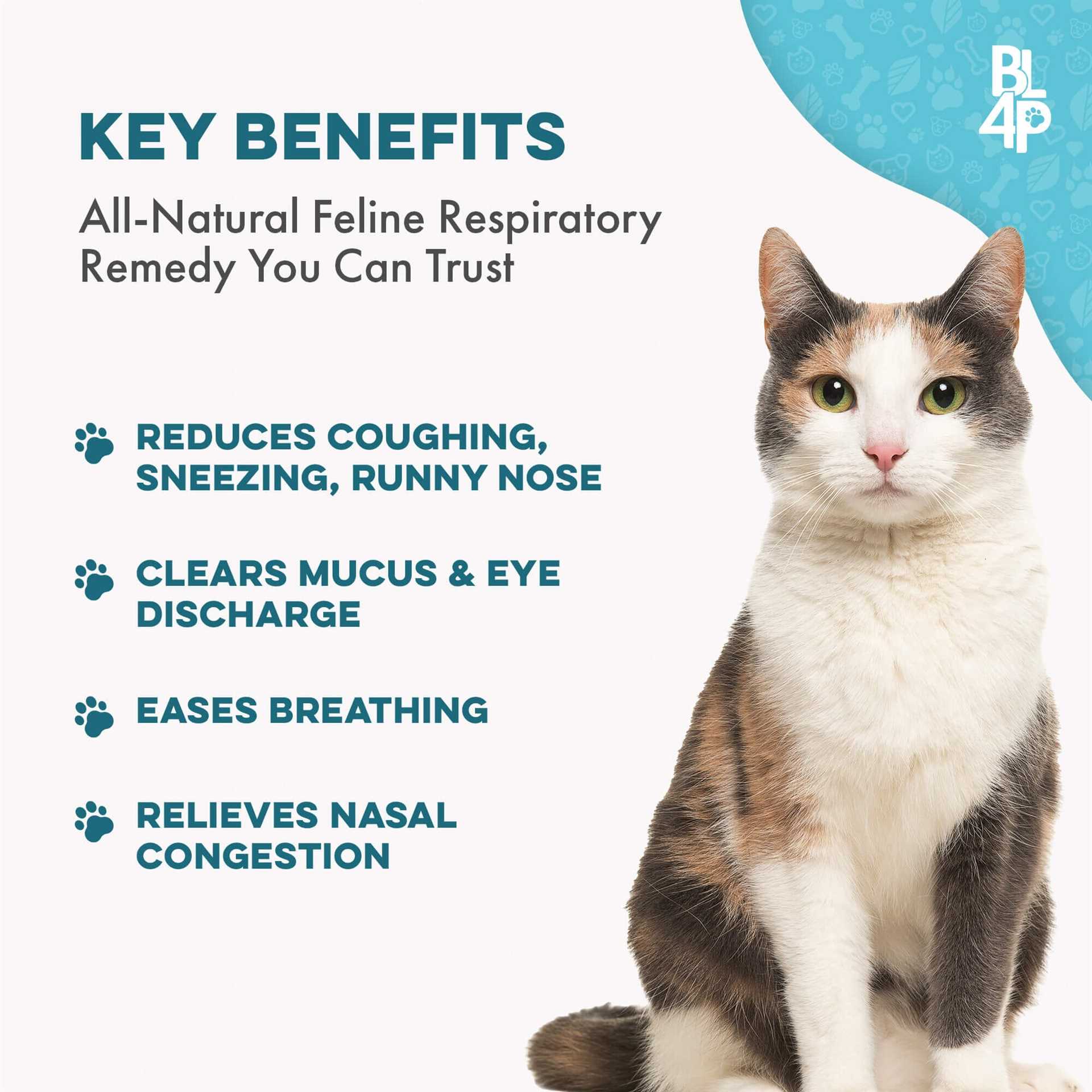



For soothing a throat irritation, I recommend offering a warm, low-sodium chicken broth. This not only provides hydration but also comforts the throat with its warmth. Ensure it’s free from onions and garlic, as these can be harmful.
An alternative includes honey, which can be beneficial due to its natural soothing properties. A tiny amount mixed with warm water could help alleviate discomfort. However, it’s crucial to consult with a veterinarian before introducing any new remedies.
If symptoms persist, consider using a humidifier in the room where your furry friend spends most of their time. This can help ease breathing and keep the throat moist, promoting overall recovery.
Monitoring the situation is key. If the irritation lasts more than a couple of days or is accompanied by other symptoms, seeking professional advice is essential. Your playful pal deserves the best care!
Relief Options for Feline Coughing

Honey is a soothing option that can ease throat irritation. Just a tiny amount mixed into your favorite treat works wonders. Ensure it’s pure and raw, avoiding any artificial additives.
Steam therapy provides immediate comfort. A warm bathroom with running hot water creates a humid environment. Staying in there for a short period helps alleviate discomfort and promotes easier breathing.
Herbal remedies like chamomile may calm and support respiratory health. Brew a weak tea, let it cool, and offer a few drops on food. Always verify with a vet before introducing new elements.
Hydration is crucial. Fresh, clean water should always be available. Consider wet food options that increase fluid intake, benefiting overall health and throat moisture.
Humidifiers can also create a more comfortable atmosphere at home. Placing one in your living area maintains optimal humidity and aids in easier breathing.
Monitor symptoms closely. If distress continues, contacting a veterinarian for professional advice is essential. They might recommend specific treatments or medications tailored to your needs.
Identifying the Symptoms of a Coughing Cat
First, observe for unusual sounds. If there’s a persistent honking or wheezing noise, it’s a signal that something’s off. Next, pay attention to breathing patterns; labored or rapid breaths can indicate distress. Check for any signs of discomfort, such as pawing at the mouth or throat, which might suggest irritation.
Monitor behavior closely. A decrease in activity or reluctance to play may suggest that I’m not feeling well. Watch for changes in appetite as well; if I’m not eating or drinking as usual, it’s a red flag. Also, take note of any coughing that occurs alongside sneezing or nasal discharge, as this can indicate a respiratory issue.
If I’m coughing frequently or if the episodes last longer than a few minutes, it’s wise to consult a veterinarian. Early detection is key to managing any potential underlying issues. For additional information on environmental factors that could affect health, check out this resource: can we make a carbon scrubber for the earth.
Safe Home Remedies for Cough Relief
Honey serves as a soothing agent for throat irritation. A teaspoon mixed with warm water can provide comfort. Ensure it does not contain xylitol, which is harmful.
Steam inhalation is beneficial. Create a humid environment by running a hot shower and letting the steam circulate in a small room. Breathe in the moist air for relief.
Herbal teas, such as chamomile or ginger, can be calming. Avoid caffeine and ensure any herbs are safe prior to offering. Let the tea cool before serving.
Hydration remains critical. Offering fresh water encourages drinking, which helps thin mucus and improve overall wellness.
Warm chicken broth without onions or garlic can be appealing. It provides hydration and nutrients while being gentle on the stomach.
Monitor surroundings. Remove irritants like smoke, dust, or strong scents that may aggravate respiratory issues.
| Remedy | Benefits |
|---|---|
| Honey | Soothes throat irritation |
| Steam Inhalation | Moist air helps ease coughing |
| Herbal Teas | Provides calming effects |
| Hydration | Thins mucus, improves wellness |
| Warm Chicken Broth | Hydrating and gentle on the stomach |
| Clean Environment | Reduces irritation from allergens |
Consult a veterinarian before trying new remedies. Each situation is unique, and a professional opinion ensures safety and effectiveness.
When to Consult a Veterinarian for Cat Cough
If persistent or severe hacking occurs, immediate veterinary attention is necessary. Signs indicating a need for professional help include:
- Coughing lasting more than a few days.
- Presence of blood in saliva or mucus.
- Difficulty breathing or wheezing sounds.
- Loss of appetite or significant weight loss.
- Excessive lethargy or unusual behavior.
- Appearing in distress or pain during cough episodes.
It’s advisable to gather specific details before visiting the vet, such as:
- Duration and frequency of the coughing fits.
- Any changes in environment or diet.
- Other symptoms like sneezing or nasal discharge.
Taking action quickly can lead to better outcomes and ensure a healthy and happy life.
Over-the-Counter Medications for Cats with Cough

Among the options available, antihistamines like diphenhydramine (Benadryl) are often suggested to alleviate coughing caused by allergies. The standard dosage is 1 mg per pound of body weight, provided it is safe for the furry friend in question. Always check with a vet before administering this.
Another option is dextromethorphan, commonly found in human cough syrups. This can help suppress the urge to cough but should only be given under veterinary guidance to ensure safety and proper dosing.
Herbal Remedies

Some herbal formulations designed for felines may provide relief. Ingredients such as slippery elm or marshmallow root can soothe the throat. These should be sourced from reputable suppliers and introduced slowly to monitor for adverse reactions.
Expectorants
Guaifenesin, often used in humans, may help clear mucus. Consult a veterinarian for the appropriate dosage and formulation for a feline companion. Using the wrong type or amount can lead to complications.
Always keep in mind the importance of professional advice before trying any over-the-counter solutions. Each feline is unique, and what works for one might not suit another. Prioritize safety and well-being above all.
Dietary Adjustments to Support Respiratory Health
Incorporating omega-3 fatty acids into meals plays a significant role in promoting lung function. Options like fish oil or flaxseed oil can be beneficial. A daily dose of 100-200 mg for me can help reduce inflammation in the respiratory tract.
Hydration is crucial. Fresh water must always be accessible. Adding wet food to my diet increases moisture intake, which can thin mucus and ease breathing. Look for high-quality canned options with real meat as the first ingredient.
Antioxidant-rich foods support overall health. Foods containing spinach, blueberries, or pumpkin can enhance immune response. These provide necessary vitamins and minerals while boosting respiratory resilience.
Avoiding allergens in meals is essential. Grain-free diets or those with limited ingredients may help reduce irritation. Monitoring for food sensitivities can lead to a more comfortable experience.
Introducing probiotics improves gut health, which is linked to the immune system. Products specifically formulated for felines can enhance my digestive balance and support respiratory health.
Regular feeding schedules and portion control maintain a healthy weight, which is important for respiratory function. Overweight bodies can put extra strain on the lungs.
Preventive Measures to Reduce Coughing in Cats

Regular grooming helps minimize hairballs, a common cause of irritation in the throat. I get brushed often, which keeps my fur from matting and reduces the chances of me coughing up those pesky hairballs. It’s not just about looks; it directly impacts my respiratory health.
Maintaining a clean environment is essential. Dust, smoke, and strong odors can trigger coughing fits. My human ensures the house is well-ventilated and free from pollutants. They also use air purifiers to keep the air fresh and clean for me.
Hydration plays a key role in respiratory health. Fresh water should always be available. Staying hydrated helps keep my throat moist, preventing irritation that could lead to coughing. My human regularly changes my water to keep it clean and appealing.
Regular veterinary check-ups are crucial. My human schedules annual visits, allowing the vet to monitor my health and catch any potential issues early on. Vaccinations also play a significant role in preventing respiratory infections that could cause coughing.
Engaging in regular play and exercise supports overall health, including my respiratory system. My human ensures I have plenty of opportunities to chase toys and stay active. This keeps my lungs healthy and strong.
Finally, dental hygiene is often overlooked but important. Poor dental health can lead to systemic issues that affect breathing. My human uses dental products for cats to maintain my oral health, which indirectly supports my respiratory wellness.









